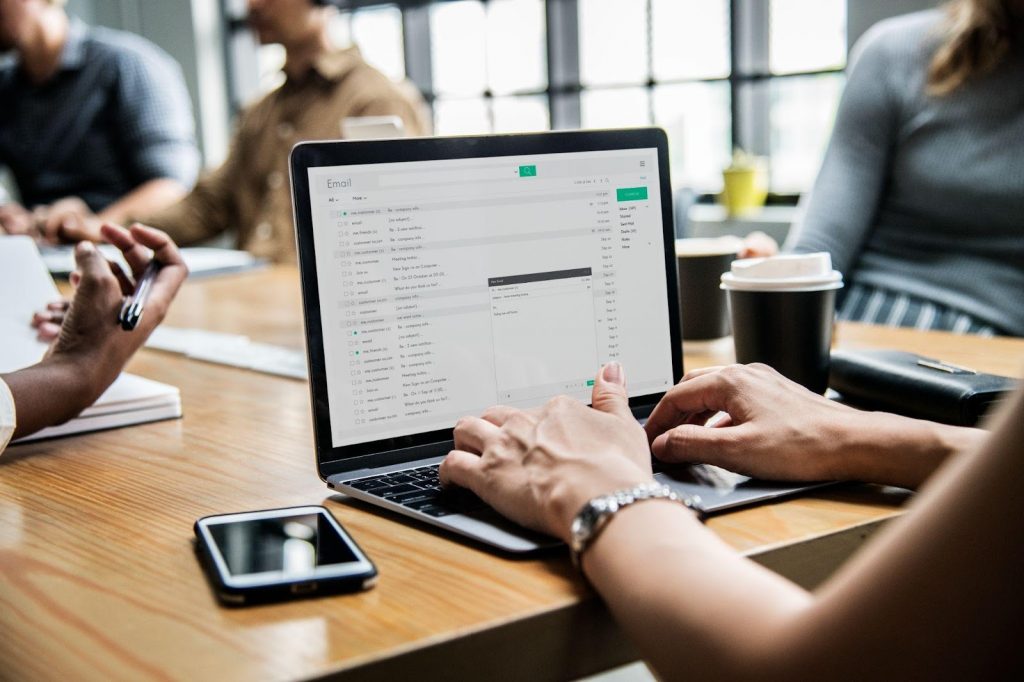
In the present arena, email is a primary mode of communication. It is utilized for completing day-to-day tasks and also helps people stay in touch with family or friends.
Since 3.9 billion people across the globe depend on email, email attacks have become quite common. Hackers and criminals are increasingly targeting emails to get users’ personal information and sensitive data. Phishing attacks have also increased over the years. That’s why every email user must keep themselves updated with email safety tips to keep their most important accounts protected. Some of the tips are given below.
Table of Contents
1. Create secure passwords and change them regularly
Email passwords are typically six characters long, but eight or more are recommended. Passwords must contain numbers and letters and should be case sensitive. They may even contain upper ASCII characters like % or &.
As a rule of thumb, secure passwords contain a combination of lowercase and uppercase letters and at least one upper ASCII character or number. The password should not be someone’s name or the company’s name.
It is recommended that you change passwords frequently, especially if you manage or use emails on public computers.
2. Encrypt your emails
Email encryption is crucial because it safeguards you from potential data breaches. If hackers cannot read your messages because it is encrypted, they won’t do anything with the information.
Email encryption is mixing up the email contents so that it becomes a puzzle. The PKI (Public Key Infrastructure) is utilized to encrypt and decrypt emails. You will be assigned a private and public key in the form of digital code.
The public key is stored on a key server, along with the email address and name of the person. Anyone can address it. The public key is used to encrypt the email, and if someone wants to send you an email containing sensitive information, they will use the public key to encrypt it.
The private key is utilized to decrypt emails and stored somewhere private and safe on the user’s computer. Only that person can access it. The private key can even digitally sign so that the recipient knows it has come from you.
You can learn all about how to encrypt your emails here https://setapp.com/how-to/encrypt-emails. It will help keep your private information protected and safe.
3. Enable two-factor authentication
Having a strong password is not always enough when you’re dealing with professional hackers. So take your email security a notch higher by using two-factor authentication (2FA).
Using the 2FA might be a little inconvenient, but it can dramatically enhance the security of your email account. Besides your password, 2FA needs a secondary code to log in. This code is usually from your phone.
Once you’ve enabled the two-step authentication, it will ask for a code to authenticate logins after you’ve entered the password. It makes sure that all new account logins are approved, and nobody except you can access your email.
4. Do not open unsolicited attachments
Treat attachments in emails as links. If you’re expecting an attachment from a client or your friend, you can go ahead and open the attachment without any hesitation. But, if the email is unsolicited, you should exercise caution. In addition, it would be wise not to open email attachments when the sender is unknown.
Even if the file appears innocent, it might be a hidden danger. For example, it is trivial to spoof extensions and filenames to make a nasty EXE appear as a JPG.
A lot of ransomware and malware is distributed via email attachments. So, if you open one, it could begin the encryption process on your computer or phone.
5. Use anti-virus software
It is highly recommended that you install and use well-respected anti-virus software on your system to prevent the infection before implementing email security measures. Anti-virus software will scan all the email attachments before downloading. Even the attachments that you receive from someone you know will be scanned.
6. Always remember to log out or sign out
If you’re using a public machine, it is important to remember always to sign out or log out from your email. Typically, people close the browser after checking their emails, which means anyone can access your email when using the system. So, make sure always to log out to keep out unwanted trespassers.
Final words
Your email contains important information and sensitive data that you would want to protect at all costs. So, keep in mind the above-mentioned email security tips to safeguard your email against potential cybersecurity threats.